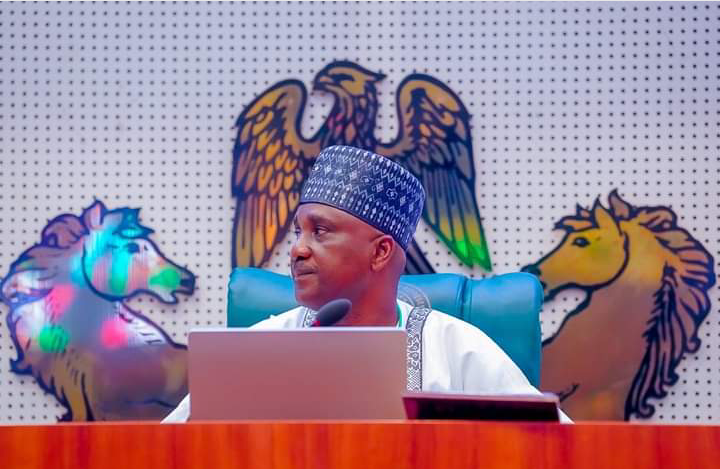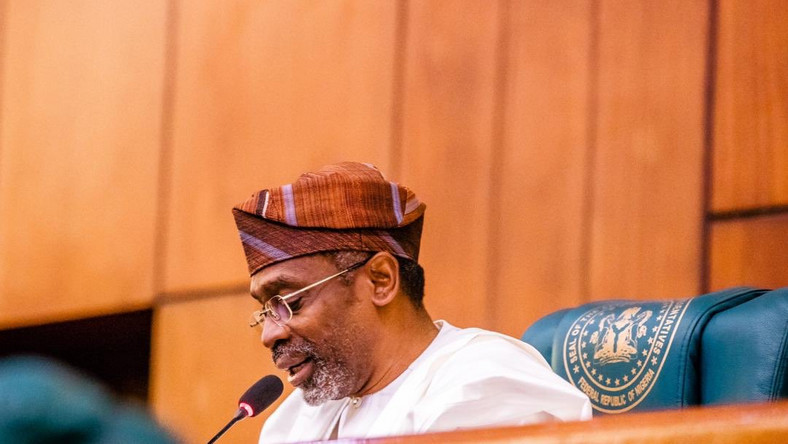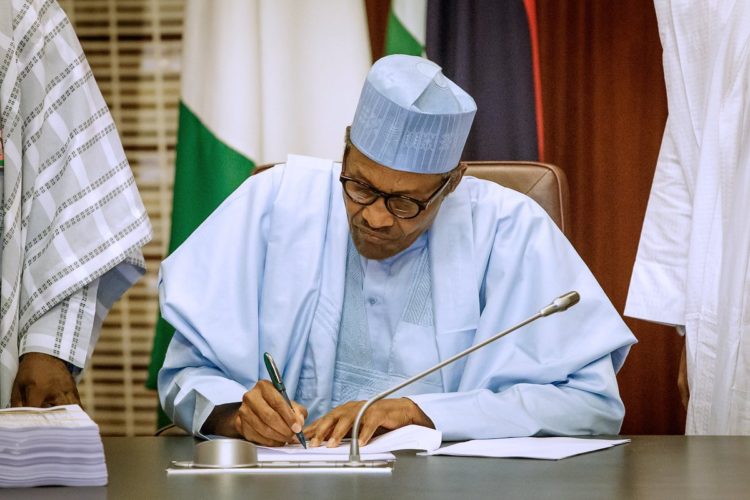The House of Representatives Committee on Public Assets, has pledged to work toward recovering all Federal Government’s assets that were looted from individuals and groups.
Mr Ademorin Kuye, the Chairman of the Committee said this at a retreat for members of the committee on Tuesday in Abuja.
Kuye said that an assets register would also be established to document and track government assets, adding that the measure was imperative because over the years Nigeria had not really tracked what it owned.
He said that inadequate records had led to significant financial losses and a gap in the national accounting in the country.
“We have the support of the president, the leadership of the National Assembly to do our work without fear or favour and I want to assure Nigerians that every public assets that belongs to them will be recovered.
“We will make sure that those in charge of concessions work and act according to the concession agreement.
“The committee is set to ensuring that there is transparency and accountability in the management and disposal of public assets going forward.
“When we talk of public assets, we are not talking about physical assets alone, we are talking of tangible, intangible, even investments of federal government in concessions in privatisation and all of that,’’he said.
Kuye said that a lot of things had gone under the bridge, saying it was a new beginning because this was the first time that the National Assembly would have this kind of committee because of the corruption noticed in the management and disposal of public assets.
He said that the committee would act in accordance with the provision of the Constitution to investigate wastages block wastages and ensure transparency and accountability.
“Nigeria has been under estimated because when you talk about the GDP of a country, it doesn’t mean what they have alone in terms of tangible assets; in fact, what we have as assets in this country have not been properly valued.
“On the website of the Ministry of Finance Incorporated(MOFI), they have it that the assets of federal government is about 18 billion dollars,but that is not true it is actually more than that.
“From my own estimates, it is over 100 billion dollars in terms of assets ,so when we put all of these on record,when we have a proper asset register and harmonisation of the laws with effective legislative backing for MOFI .
“Then they can efficiently perform their responsibilities and this will actually help the country,” he said.
Kuye said that the last operating law for MOFI was the 1959 Act which had some gaps, saying however, the act was being worked upon at the National Assembly.
He said the new Act would harmonise all the laws and address things that had been responsible for the mismanagement of public asserts.
He said the committee would reshape the approach to the guardianship of the nation’s assets.
He said that the endeavour would lead to the untapped potential lying dormant within Nigeria’s underused assets.
“We will also engage in rigorous oversight of the MDAs in charge of public assets. The scope of our oversight also stretches beyond our borders, keeping a vigilant eye on international investments.
“These investments must be managed to yield optimal returns, contributing significantly to our national financial health,’’ he said
Dr Armstrong Takang, the Managing Director, Ministry of Finance Incorporated(MOFI), said that MOFI’s new mandate was to act as the custodian and manager the Federal Government’s assets.
Takang, represented by Ms Oluwakemi Babalogbon, the Executive Director, MOFI, said that the organisation was working on establishing assets register for Nigeria.
“We have some challenges with the current legislative framework; even though several frameworks exist, but what we find is that several laws have been created for different agencies which responsibilities to manage public assets at different levels.
“However, the only legislation that attempts to create a central agency with a mandate to manage all federal government of Nigeria assets is the Ministry of Finance of incorporated acts.
“We have a lack of central inventory of public assets and a central database of all public assets ,the proposed national assets register would solve this problem.’’




